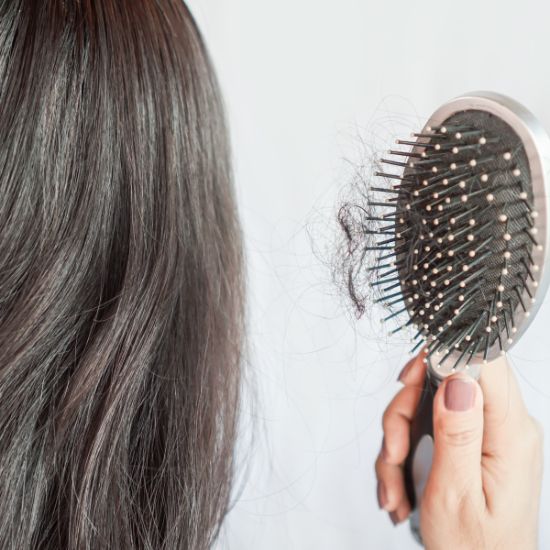
Our Specialities
Gynaecology

Pregnancy
Pregnancy is the term used to describe the period in which a fetus develops inside a woman’s womb or uterus. Pregnancy usually lasts about 40 weeks, or just over 9 months, as measured from the last menstrual period to delivery. Health care providers refer to three segments of pregnancy.

Endometriosis treatment
Endometriosis (en-doe-me-tree-O-sis) is an often painful disorder in which tissue similar to the tissue that normally lines the inside of your uterus — the endometrium — grows outside your uterus. Endometriosis most commonly involves your ovaries, fallopian tubes and the tissue lining your pelvis. Rarely,

PCOS
Polycystic ovary syndrome (PCOS) is a problem with hormones that happens during the reproductive years. If you have PCOS, you may not have periods very often. Or you may have periods that last many days. You may also have too much of a hormone called androgen in your body.

Thyroid treatment
Your thyroid creates and produces hormones that play a role in many different systems throughout your body. When your thyroid makes either too much or too little of these important hormones, it’s called a thyroid disease. There are several different types of thyroid disease, including hyperthyroidism, hypothyroidism, thyroiditis and Hashimoto’s thyroiditis.

Vaginal discharge treatment
Normal vaginal discharge helps keep vaginal tissues healthy, provide lubrication and protect against infection and irritation. The amount, color and consistency of normal vaginal discharge varies — from whitish and sticky to clear and watery — depending on the stage of your reproductive (menstrual) cycle.
Dermatology (Skin care and Hairfall Condition)

Acne
Acne vulgaris is the medical term for pimples. Acne is a disorder that affects the skin’s oil glands and hair follicles. When sebaceous gland start producing more sebum or oil and is not cleaned properly, it forms a clog on the surface of the skin that attracts bacteria to proliferate and thus inflammation takes place which results in Acne formation Acne is a skin condition.

Eczema
Eczema is an inflammatory skin condition wherein the skin is plagued with, red small bumps, scales and thick, layers of flakes. There are various types of eczema prevailing that are differentiated on the basis of symptoms. Eczema is a condition wherein patches of skin become inflamed, itchy, cracked, and rough. Some types can also cause blisters.

Lichen Planus
Lichen Planus is a skin rash that is triggered by improper functioning of the immune system. The reason for the trigger is not yet understood but the likely causes include viruses and allergens. Lichen planus (LIE-kun PLAY-nus) is a condi- tion that can cause swelling and irritation in the skin, hair, nails and mucous membranes about Lichen.

Melasma
Melasma is a very common skin problem and is very difficult to treat as most patients have used potent steroids on their face in a hope to cure it early. Sys- tematic approach to repair the skin and then removing the pigmentation is possi- ble with sustained efforts.

Atopic Dermatitis
This is a common skin disease in children. It often appears as a red, itchy rash normal ly on the cheeks, arms and legs. Atopic dermatitis typically begins in childhood, usually in the first six months of a baby’s life. Even though it’s a common form of eczema, it can also be severe and long-lasting.

Psoriasis
Psoriasis is a skin disease caused due to unknown reasons whose predisposition is assumed to be genetic or autoimmune. Psoriasis is not contagious and worsens with certain environmental issues. The symptoms vary from small itchy skin flakes to elevated white patches.

Hair Fall
There is no scientific explanation as to why we tend to shed more hair in autumn than in other seasons, but there are several theories about it. Some experts believe that we need more hair in the summer to protect us from direct sunlight, and we tend to shed it off at the beginning of fall.
